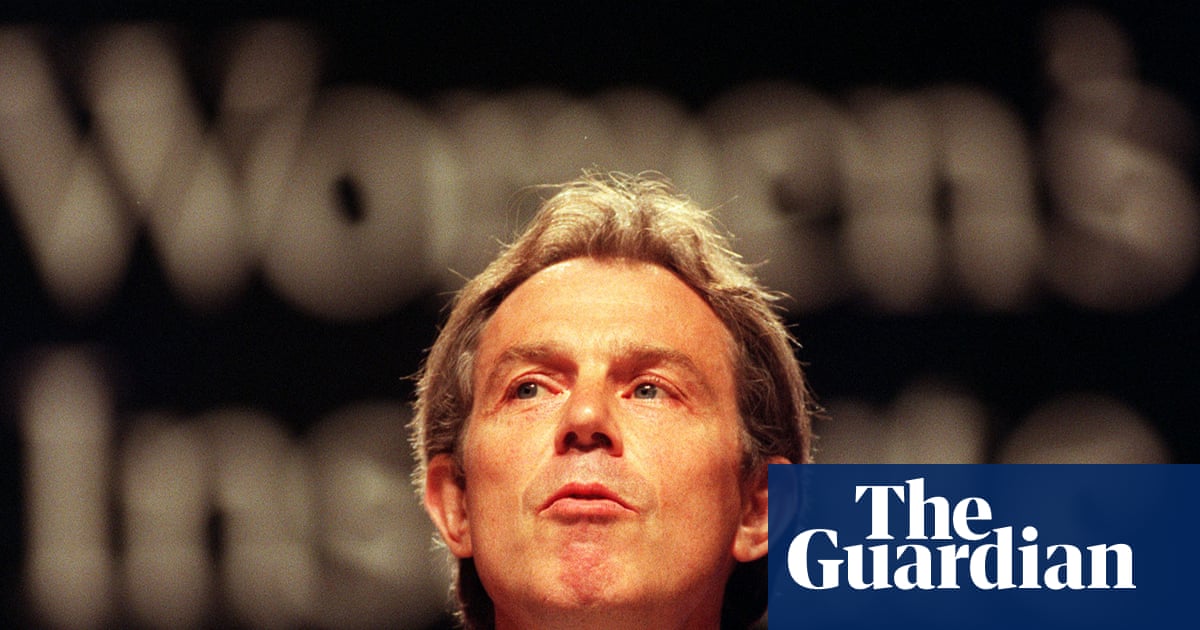When Cat Stevens changed his name to Yusuf Islam and announced his conversion to the Muslim faith and retirement from music in the late 70s, Bob Dylan apparently remarked that he had “finally stopped trying to be the prophet and begun to follow The Prophet”. It’s a quote that Islam reproduces in his autobiography, viewing it as a benediction, but it also tells you something about the music that made him globally famous.
In the early 70s, the charts were awash with sensitive folky singer-songwriters. Their constituency, as Islam perceptively notes, was “the college generation, away from home, lonely and trying to find their place in the university of high academic expectations”. But none were as obsessed with spirituality as Cat Stevens, with his album titles that namechecked Buddha or referenced Zen poems, his conceptual song cycles based on numerology, his lyrical exhortations to “kick out the devil” and “get to heaven, get a guide”, and Morning Has Broken, the hymn he made a 1972 US No 1. If you’d had to place bets on which 70s superstar would pack it all in for religion, you’d have got far lower odds on Cat Stevens than, say, Noddy Holder.
Indeed, reading his autobiography, his retreat from pop stardom seems less surprising than the fact he stuck it out for as long as he did. Living above his parents’ Shaftesbury Avenue cafe, he enjoyed a “street-loose” childhood: the early chapters depict a London baffling to the modern reader, in that ordinary people could actually afford to live in W1. Equally surprising is Islam’s love of his primary school. When a 1950s nun-run Catholic school appears in an autobiography, it’s almost invariably a source of unending misery, but no; he’s enraptured by the mysticism of mass, and haunted by the suggestion that angels start taking note of your misdeeds when you turn eight.
There are plenty of misdeeds to note: by his early teens, he’s attempting to balance school with life as a pill-popping mod. Galvanised by Dylan, he becomes a folkie and starts writing songs. He spends less than a year trying to attract interest, before scoring both a record deal and an immediate hit with his 1966 debut single, I Love My Dog. Its follow-up, Matthew and Son, reaches No 2 in the UK. It’s a meteoric rise – he’s still only 19 – and Islam seems to have hated every minute. Live shows are “degrading” and “intolerable”, having his photo taken is “as close to hell as I ever want to get”, interviews are akin to being “placed in the stocks”, appearing on television is more like “the gallows”, and his mohair suit is too itchy (“a horror”). Within months, he’s calculating how much money he’ll need to make in order to retire.
A brush with tuberculosis and a stay in hospital prompts a rethink: out with the heavily orchestrated pop singles, in with guitars and soul-searching lyrics. In remarkably short order, he’s more successful than ever: 1970’s Tea for the Tillerman and 1971’s Teaser and the Firecat each sell nearly 4m copies worldwide. Their sleeves featured children’s book illustrations suggesting a certain faux naivety – so, for that matter, does each chapter in his autobiography – but the lyrical soul-searching isn’t a posture. As the 70s progress, he tries Buddhism, the Bible, meditation, the I Ching: you couldn’t accuse him of not shopping around before settling on Islam, spurred by a near-death experience in the ocean off Malibu.
Booze and drugs are abandoned, his girlfriends (tellingly plural: for a man who didn’t care for stardom, Islam certainly enjoyed its spoils) are ditched in favour of a traditional Muslim marriage. Giving up music seems to have been less of a wrench than you might expect. His songwriting had “reached a cul-de-sac”: with his royalties to live off, he genuinely seems happier doing charity work.
Given his aversion to interviews, he’s an unlikely choice as a spokesperson, but he can’t escape his old celebrity. The media are either baffled or hostile, particularly after 9/11, when his high profile lands him on a no-fly list (“a real success story in the war on terror,” quips US chatshow host Jon Stewart, “we finally got the guy that wrote Peace Train”). Occasionally, he doesn’t help himself: it probably wasn’t the smartest idea to make what he insists were jokes about the Salman Rushdie fatwa on national TV (he also alleges canny editing on the programme-makers’ part).
Still, he claims that the ensuing furore led him to investigate Islamic jurisprudence further, which in turn led him back to music: cue comeback albums, tours, Glastonbury, even a return to the name Cat Stevens. He seems happy, ending his story with a poem that opens “when I was a little foetus”. Whatever you make of that, it reads remarkably like one of the more wide-eyed lyrics from his heyday. Yusuf Islam has been on quite a journey, but some things never change.
after newsletter promotion

 3 months ago
44
3 months ago
44

















































